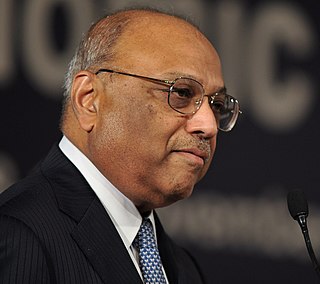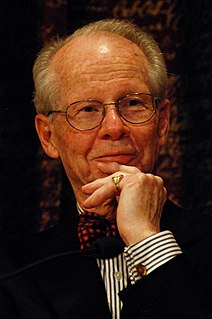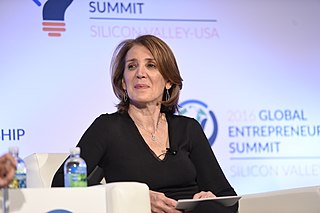A Quote by Scott D. Anthony
What looks like resistance in many cases is rational responses to incentives and ingrained resource-allocation processes.
Quote Topics
Related Quotes
It's all emotion. But there's nothing wrong with emotion. When we are in love, we are not rational; we are emotional. When we are on vacation, we are not rational; we are emotional. When we are happy, we are not [rational]. In fact, in more cases than not, when we are rational, we're actually unhappy. Emotion is good; passion is good. Being into what we're into, provided that it's a healthy pursuit, it's a good thing.
It's been invigorating being back on the West Coast, being at Alphabet, because there is so much innovation. And the big challenge is, how do you think about resource allocation and priorities when you have so many great options? But wearing jeans instead of suits and popping into driverless cars has also been a lot of fun.
There is a sense in which, like, it could be the case that the incentives of running for president and the incentives of getting maximum attention for yourself, sometimes align, and at a certain point, they stop aligning, and you just keep going with the incentives for maximum attention for yourself.































